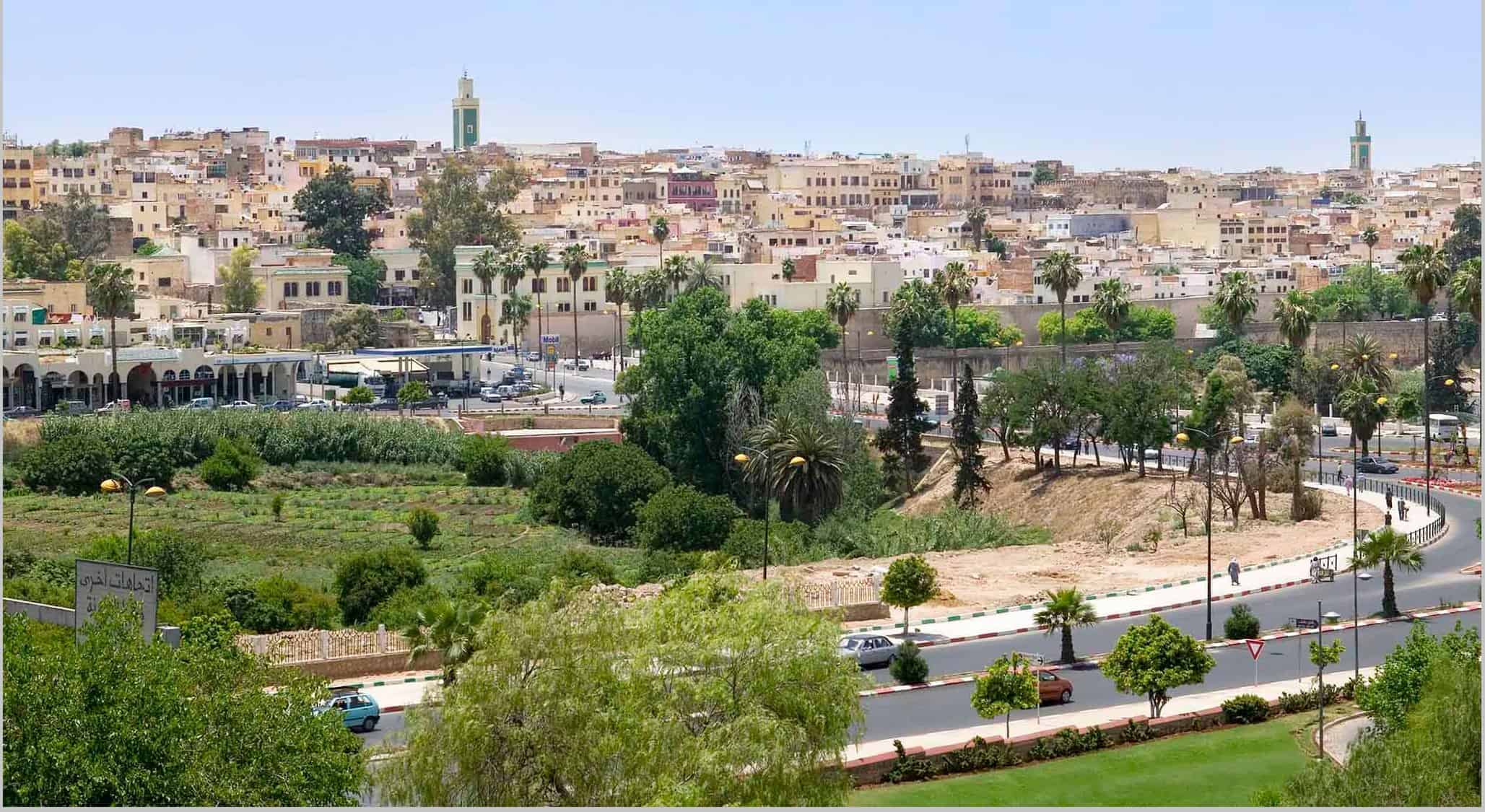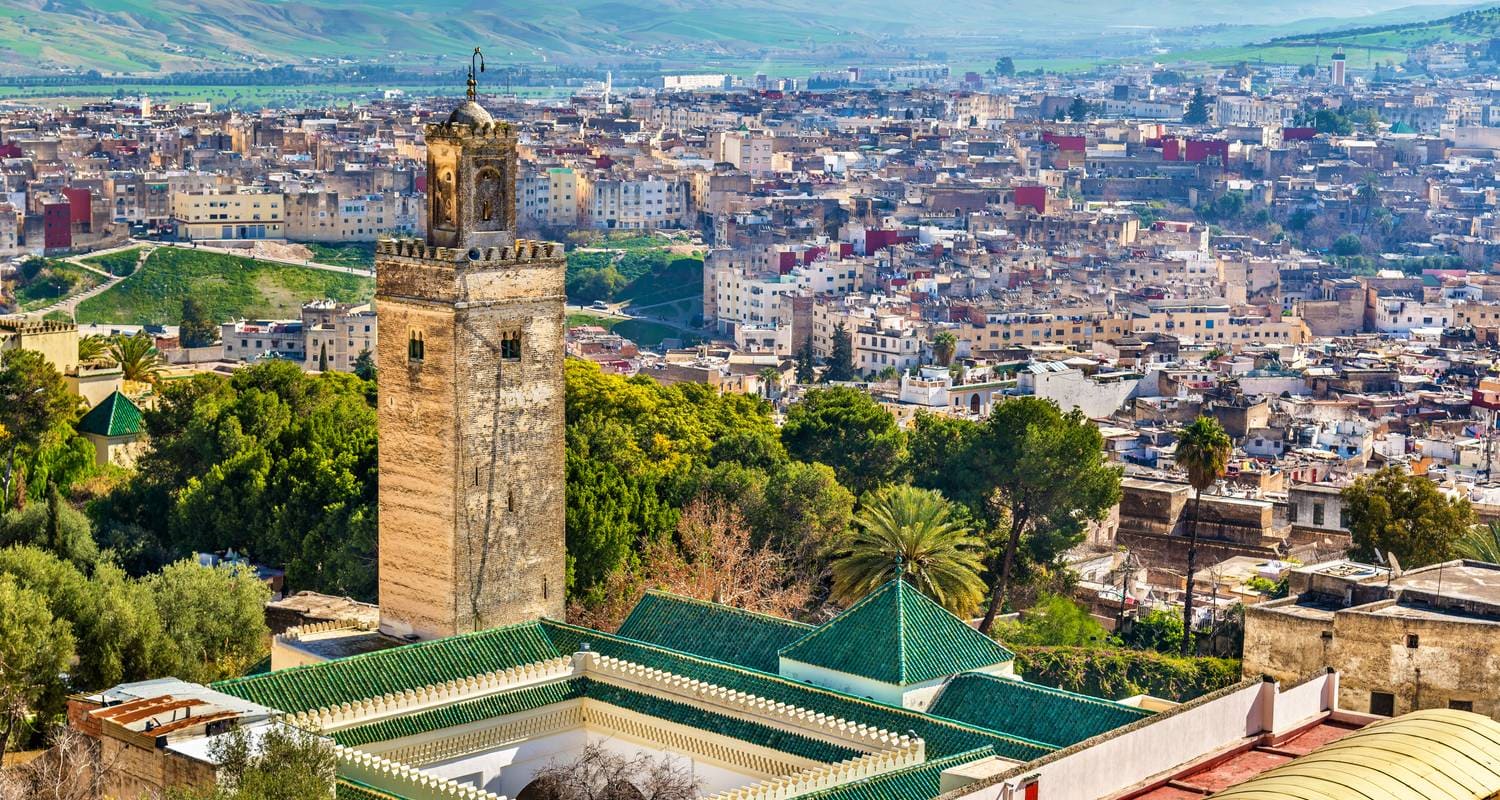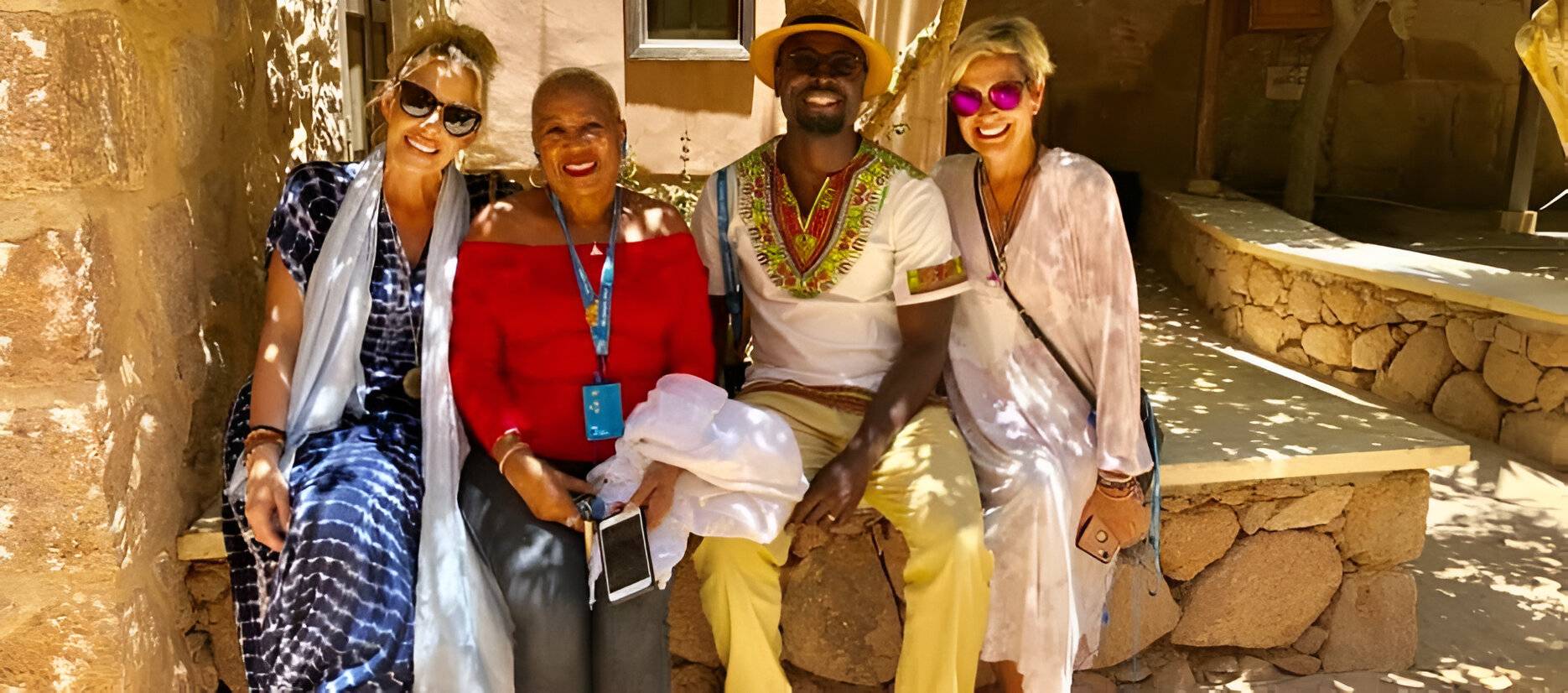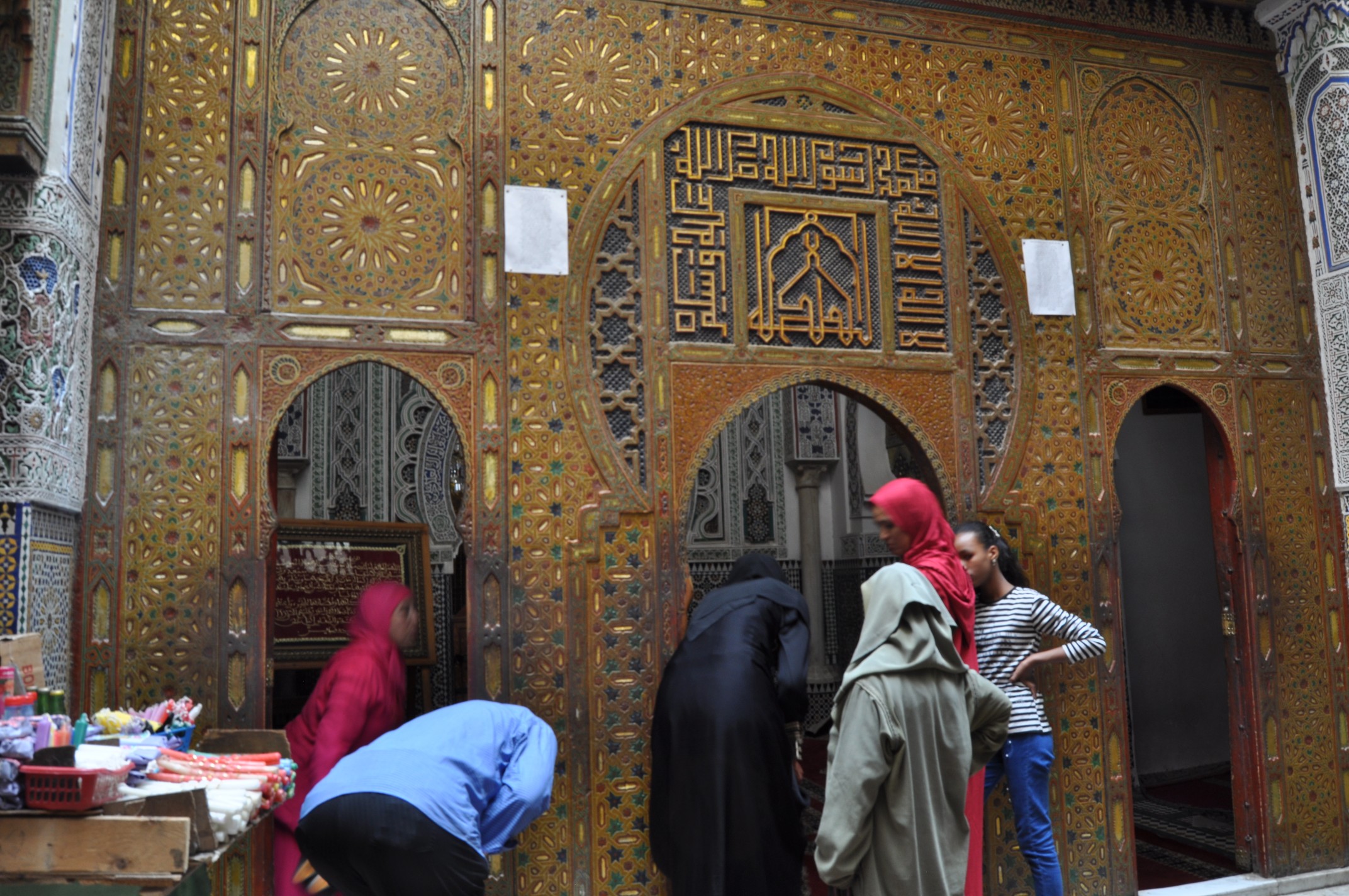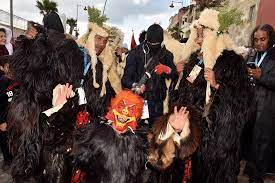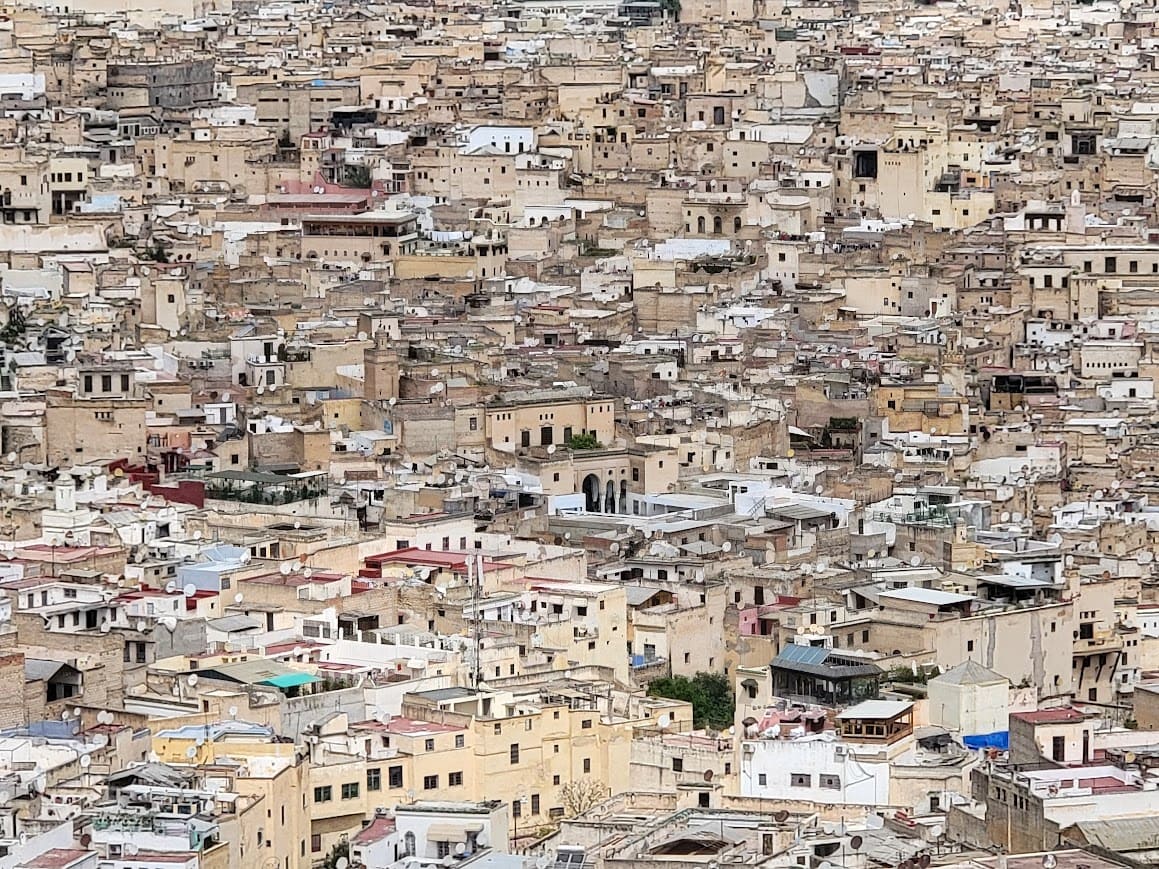Meknes, The Versailles of Morocco By Hamid Mernissi
Historians call this city Meknassat Azzaitoune (the Olive Grove) or the Versailles of Morocco. Meknes is a city where history and spirituality meet in quiet harmony. Once the capital of the powerful Alaouite Sultan Moulay Ismail in the 17th century, Meknes rose to glory as an imperial city — its walls echoing the dreams of an empire, faith, and architectural brilliance.
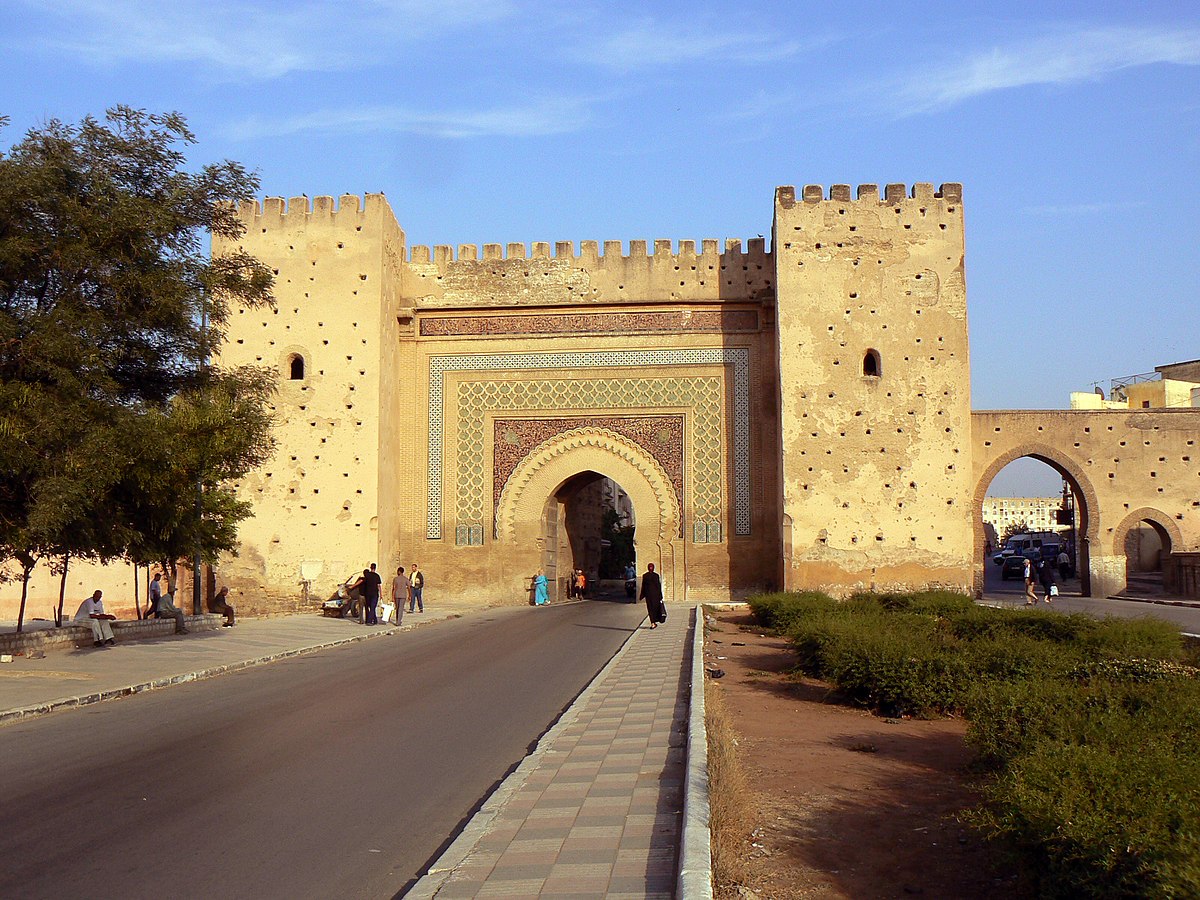
Behind its majestic gates and ochre-colored ramparts lies a city deeply rooted in Morocco’s spiritual heritage. The mausoleum of Moulay Ismail, one of the few religious sites open to all visitors, invites reflection and reverence. Its sacred silence tells the story of a ruler who left a divine and powerful legacy.
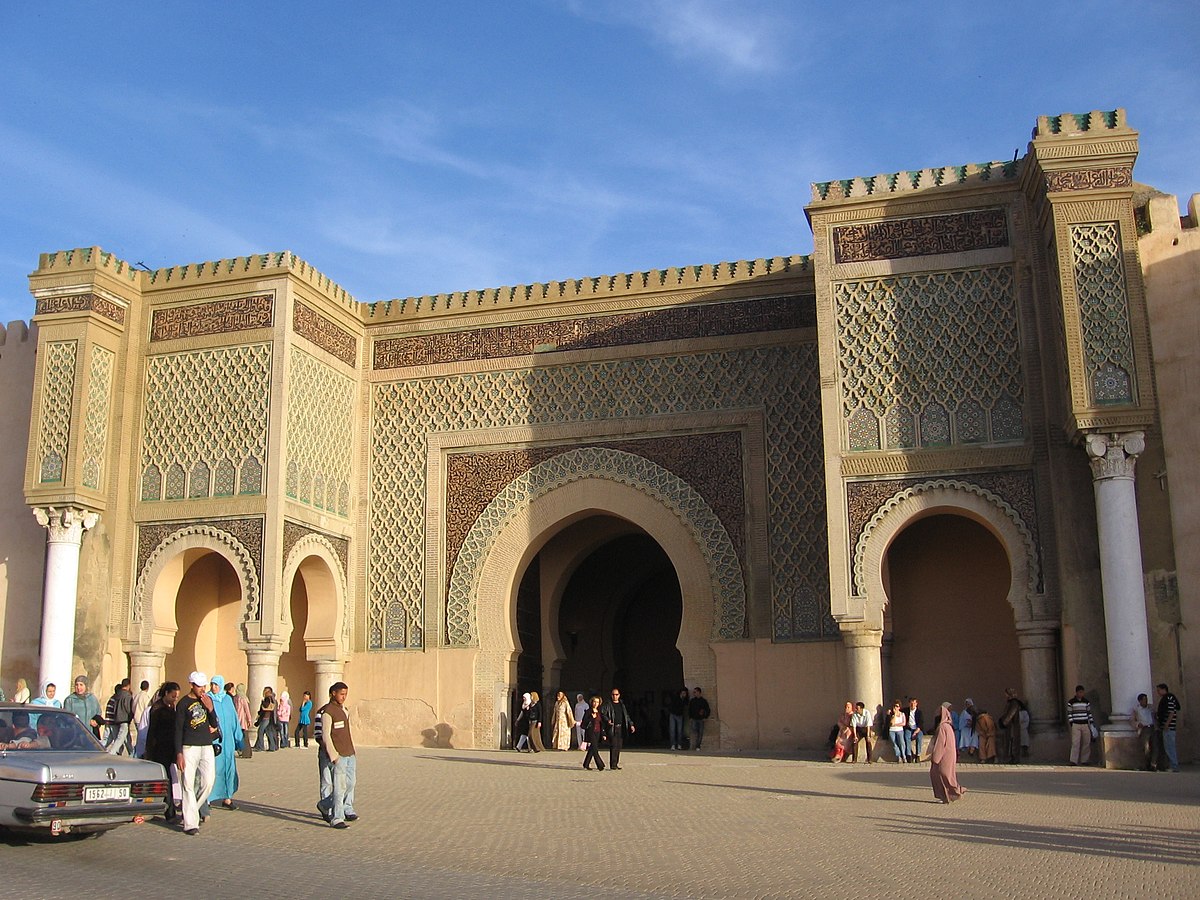
With its peaceful medina, elegant mosques, and Sufi traditions that still echo in local rituals and festivals, Meknes is home to the most venerated folk music, “Al Malhoon. " It offers more than monuments—a journey into Morocco's soul. It is a city shaped by vision, preserved by faith, and lived in by generations of artisans, believers, and poets. Respect is due to Sidi Kaddour el Alami, a Lyricist, poet, and philosopher. His work shaped the critical thinking of Moroccans for generations. Meknes is the home of stoics and Sufi masters, Sheikh el Kamel elhadi Ben Issa, founder of the celebrated Issaoua Taifa, Sidi Ali ben Hamdouch, and his disciple Sidi Ahmed Dghoghi—founders of the Hmadcha Sufi Brotherhood known for its healing rituals and haunting trance music.
